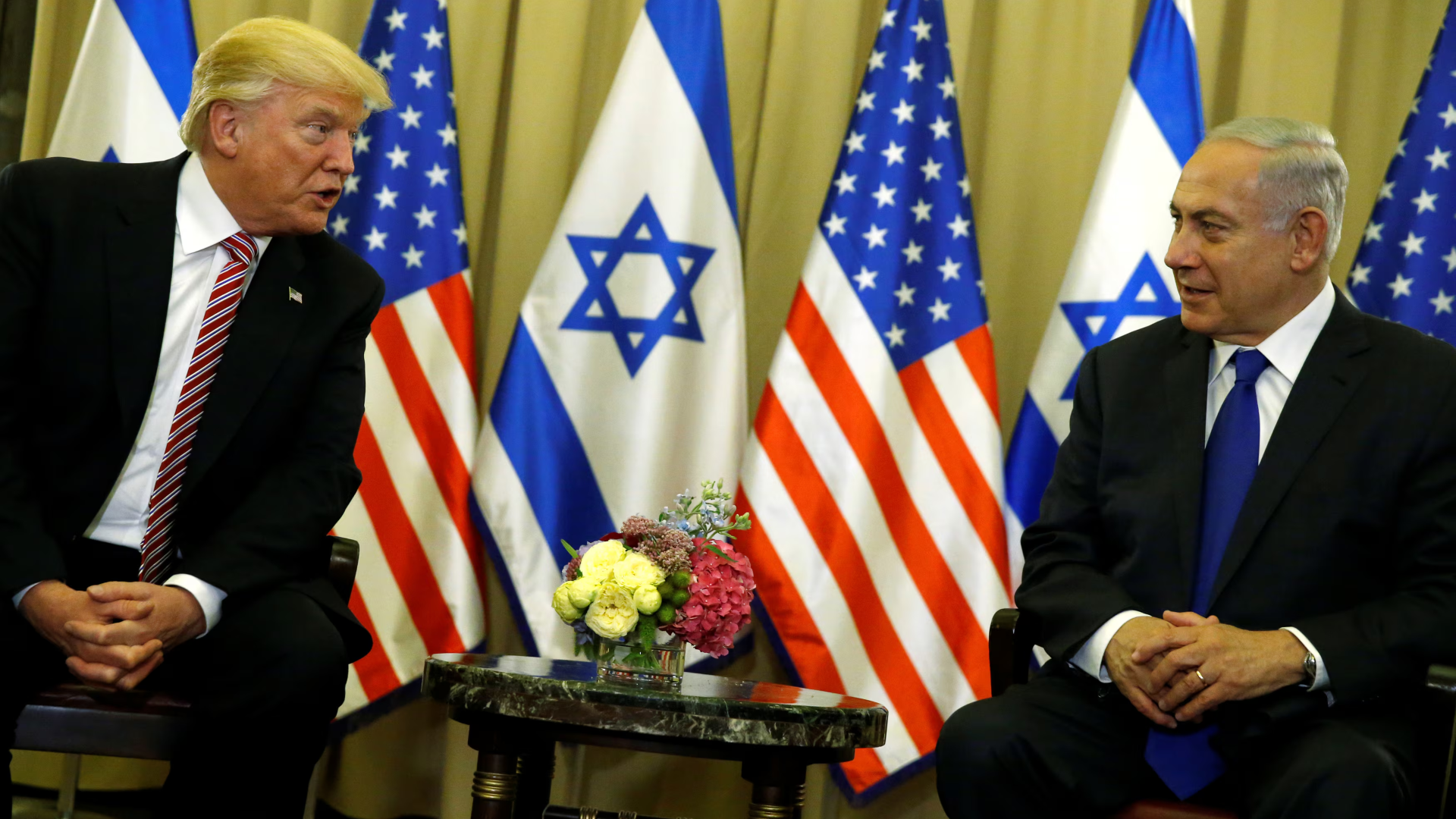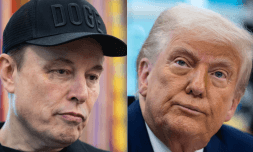With tensions escalating in the Middle East, President Donald Trump’s active role in brokering ceasefires and influencing regional affairs has sparked global debate over why his presence appears more crucial to peace than that of the UN.
Every year, the G7 meeting brings together seven countries and the European Union. In this forum, they address and coordinate responses to the most pressing global issues, something that 2025 has been abundant in.
So, imagine everyone’s surprise when President Donald Trump left this forum earlier, on the second day, to tend to the ‘situation in the Middle East’. This turn of events sparked a wave of questions, all ultimately leading to whether his role in the conflict is truly so crucial that peace depends on his presence.
Think about it. Since he took office, Trump has been present in negotiations for many of the major crises around the world. A few months ago, it was all about the Ukraine-Russia war. Now, it seems as though Trump’s focus has pivoted towards the Middle East as tensions worsen. His intense involvement in these crises has made people question: why is Trump doing what the United Nations is supposed to do, which is to aid truces?
Middle Eastern conflicts and US involvement
The Middle East has long been a hotspot of conflict, shaped by deep historical, political, and religious tensions. US involvement in the region began in earnest after World War 2, driven by Cold War goals to counter Soviet influence.
Early policies like the Eisenhower Doctrine in 1957 formalized its commitments to support the Middle East when nations were threatened by aggression. This led to a proactive shift in engagement that would end up lasting for decades.
Today, Trump’s Middle East interventions have focused on safeguarding US economic and security interests, closely tied to key allies like Saudi Arabia and Israel. His strong pro-Israel stance was evident in his close association with Prime Minister Netanyahu, while numerous trade deals underscored his alignment with Saudi Arabia.
Yet, his approach has also demonstrated independence from them, exemplified by brokering a ceasefire with the Houthis despite ongoing attacks on Israel and authorizing talks with Hamas.
These moves reveal a more nuanced strategy than simple alliance politics. Because of the US’s decades-long influence in the Middle East, it is clear that the UN cannot compete with its power when it comes to mediating regional conflicts.




















